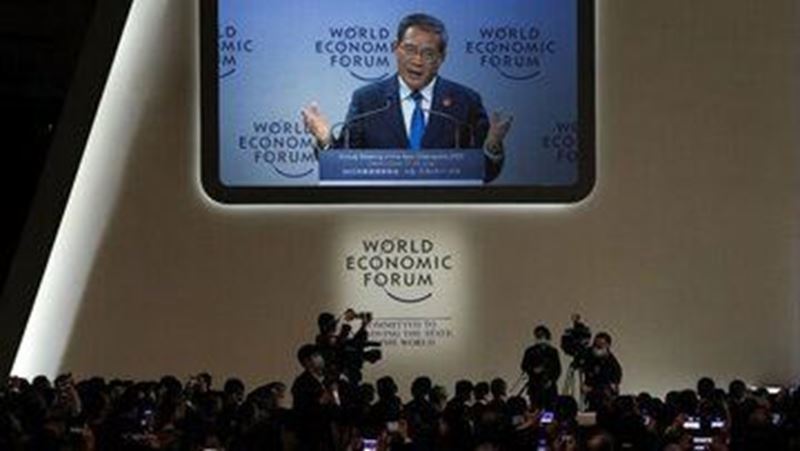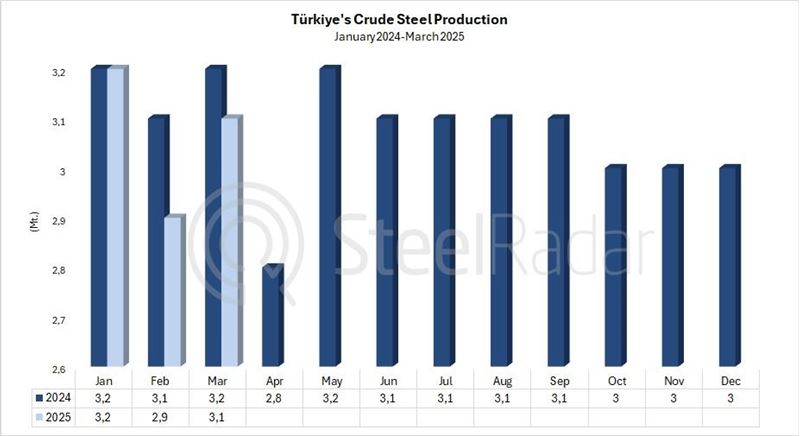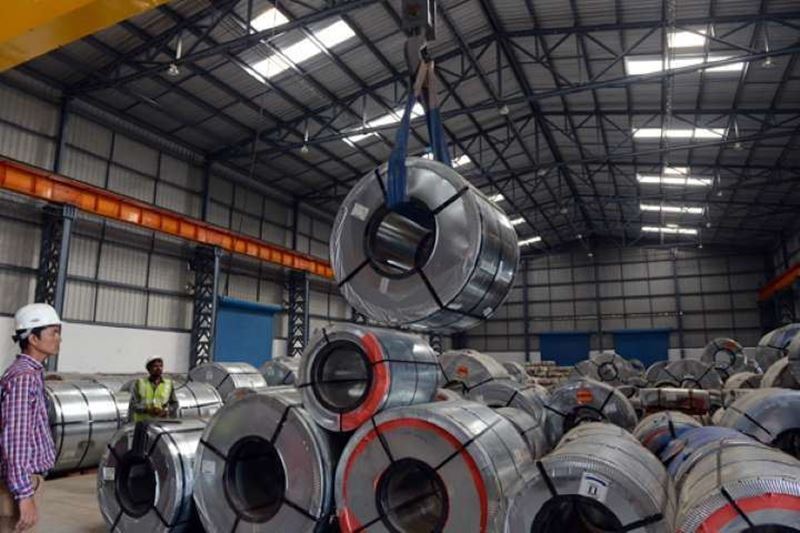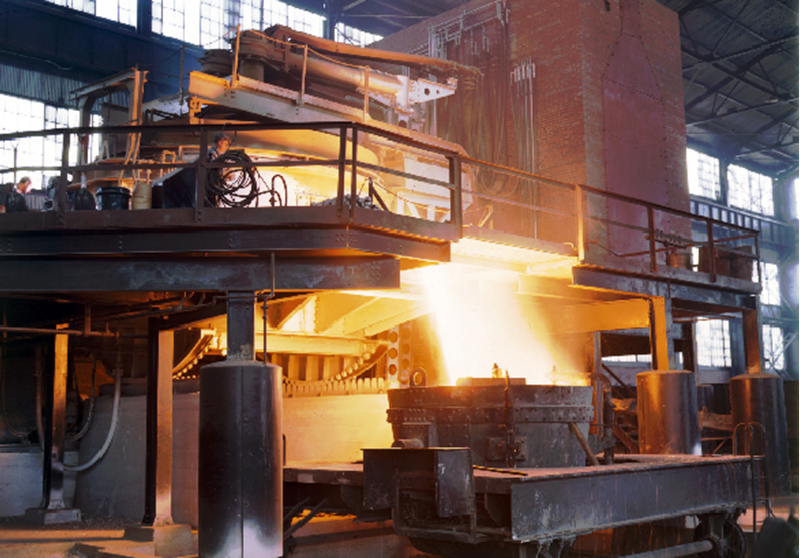China is hosting the annual meetings known as the Summer Davos. The meetings organized by the World Economic Forum started in the city of Tianjin.
Chinese Premier Li Qiang made the opening speech of the Forum, which was attended by about 1,500 people from the business world, governments, international organizations and academics.
Premier Li, who took office in March, gave messages especially to the Western world at the forum after his visits to Berlin and Paris.
Noting that China plays an important role for free trade and stable growth in the world, Li listed his country's contributions to the global economy. Stating that they are committed to opening up and reform, the Premier emphasized that their doors are as open as ever to Western companies.
Stating that isolation and anti-globalization should be rejected within this framework, the Chinese Prime Minister also opposed the concept recently expressed as 'De-Risking'.
The concept, which refers to the reduction or termination of dependence on China in supply chains, has recently been a priority especially for companies based in Germany, Japan, Korea and the US. Companies in major industries such as chips, automotive and electronics are shifting or planning to shift their production to South Asia.
In this process, the Trump-era trade wars, China's Covid closures, Washington-Beijing tensions and, most recently, fears over Taiwan triggered by Russia's invasion of Ukraine are playing a leading role.
Sessions of interest
This year's main theme is 'Entrepreneurship' as the driving force of the global economy. The topics addressed by the guests within this framework are focused on the issues that the world is currently paying attention to.
Climate change and the energy transition are the most common topics in the sessions. Restoring growth and China's place in the global economy are also at the center of the participants' attention. In addition, issues such as whether artificial intelligence is a friend or foe, and what it means for the world economy also find a place in the meetings.
Central corridor session title
Another special topic on the agenda is the Central Corridor, which Turkey attaches great importance to.
One of the speakers of the session organized under this title was Ahmet Cevdet Alemdar, President of Sabancı Holding Industry Group. The other guest of the session was Hungarian Foreign Minister Peter Szijjarto.
Szijjarto's participation in the meetings, which were not attended by many European senior officials, is also meaningful. This is because, especially in the phase of energy transformation and transition to electric vehicles, Chinese battery and electric vehicle companies such as CATL, EVE and BYD are among the countries that show the most intense interest. The amount of fixed capital investments announced or started by Chinese companies in the last few years alone has exceeded 10 billion. Among these investments, battery giant CATL is at the forefront with an investment of 7.6 billion dollars. The Chinese company has started construction of one of its largest factories, with an ultimate capacity target of 100 gwh.
Battery and solar giants at the meeting
On the other hand, the most curious companies of the Summer Davos are CATL and Longi, the world's largest companies in the battery and solar industry.
Longi, which shipped 43 gw of modules last year, is known for its superiority in wafer production and technology. Zhong Baoshen, President of the company, is attending the session on Decarbonization in this context.
Ni Jun, Production Director of CATL, which makes one out of every three electric vehicle batteries produced in the world, is participating in the meeting on the Materials Age. In this context, the perspective of the company, which is by far the first in R&D expenditures, on new technologies is curiously awaited.











Comments
No comment yet.